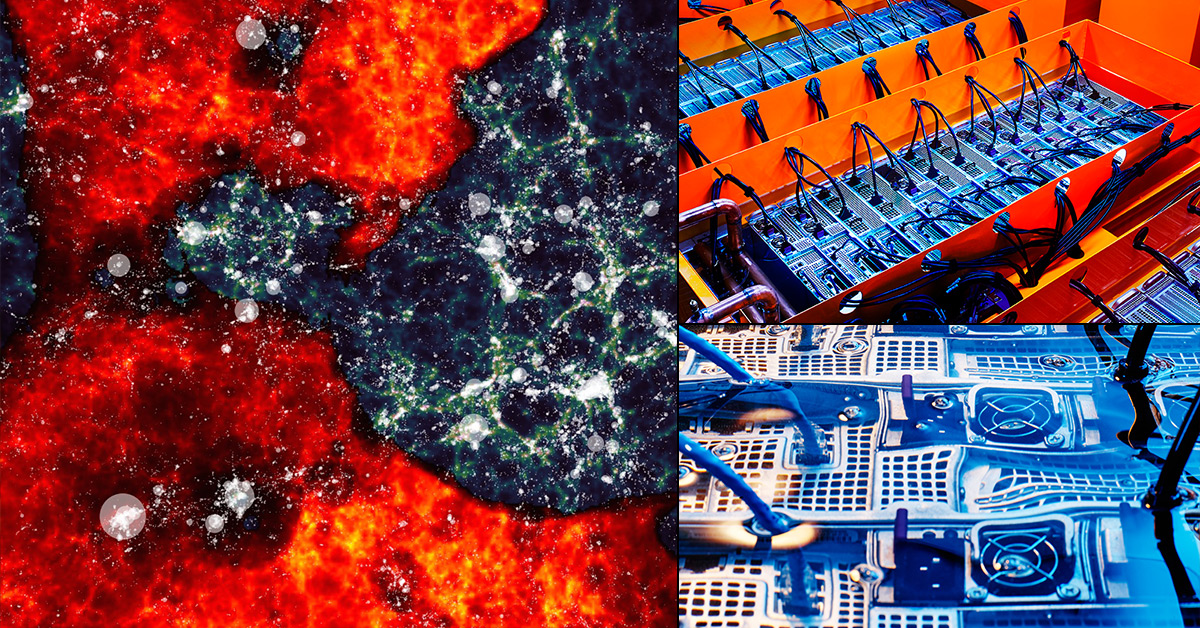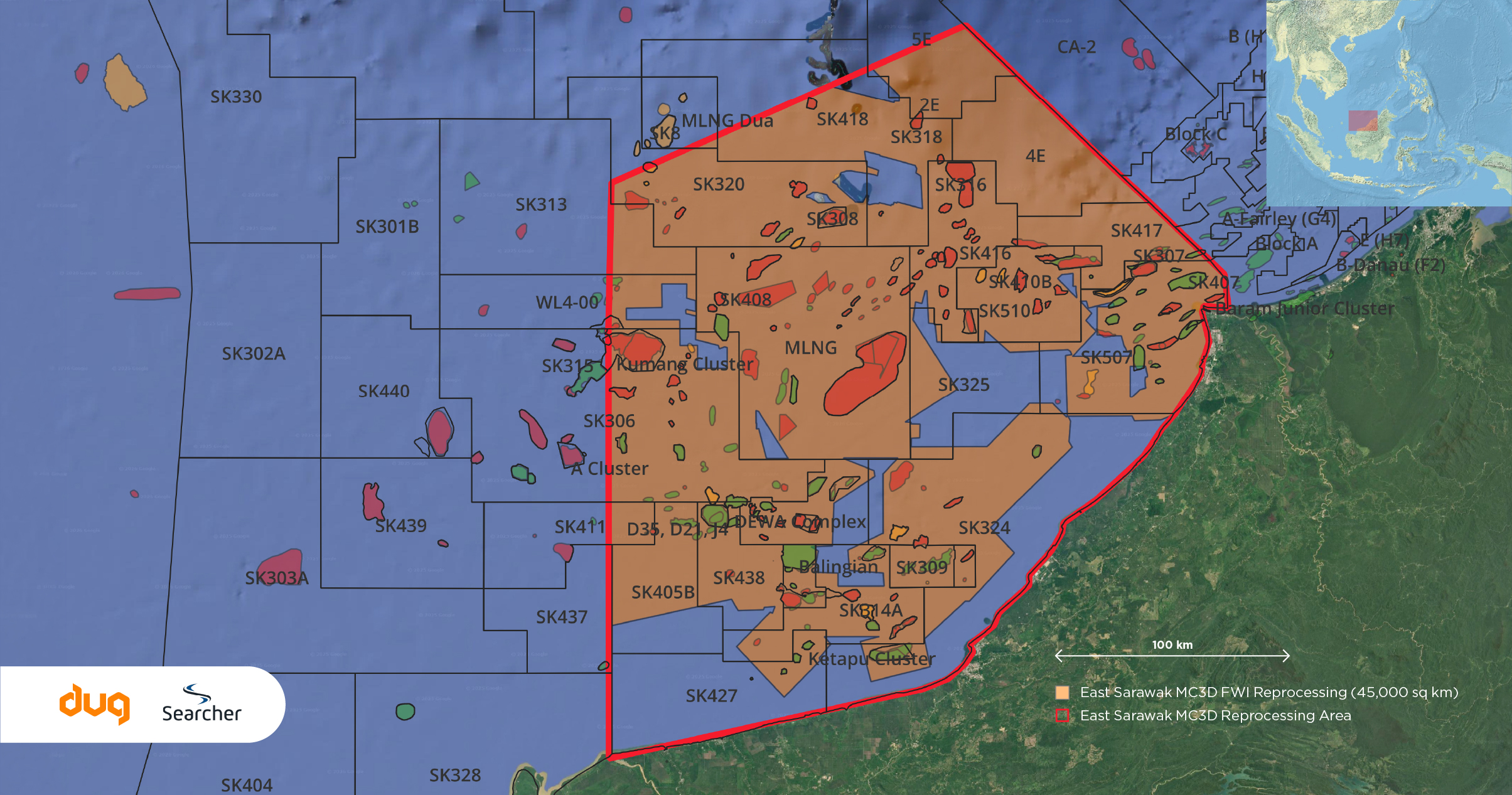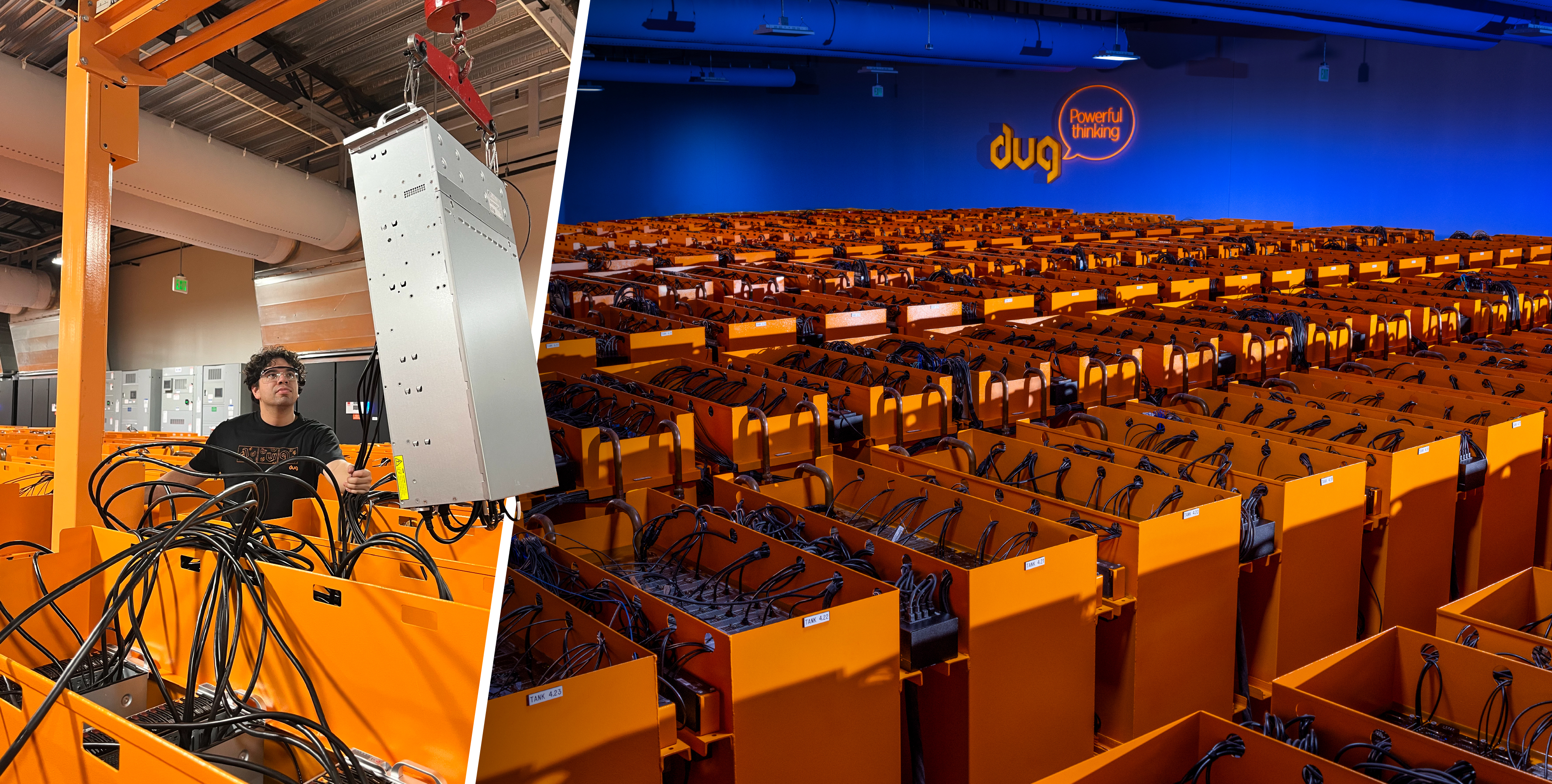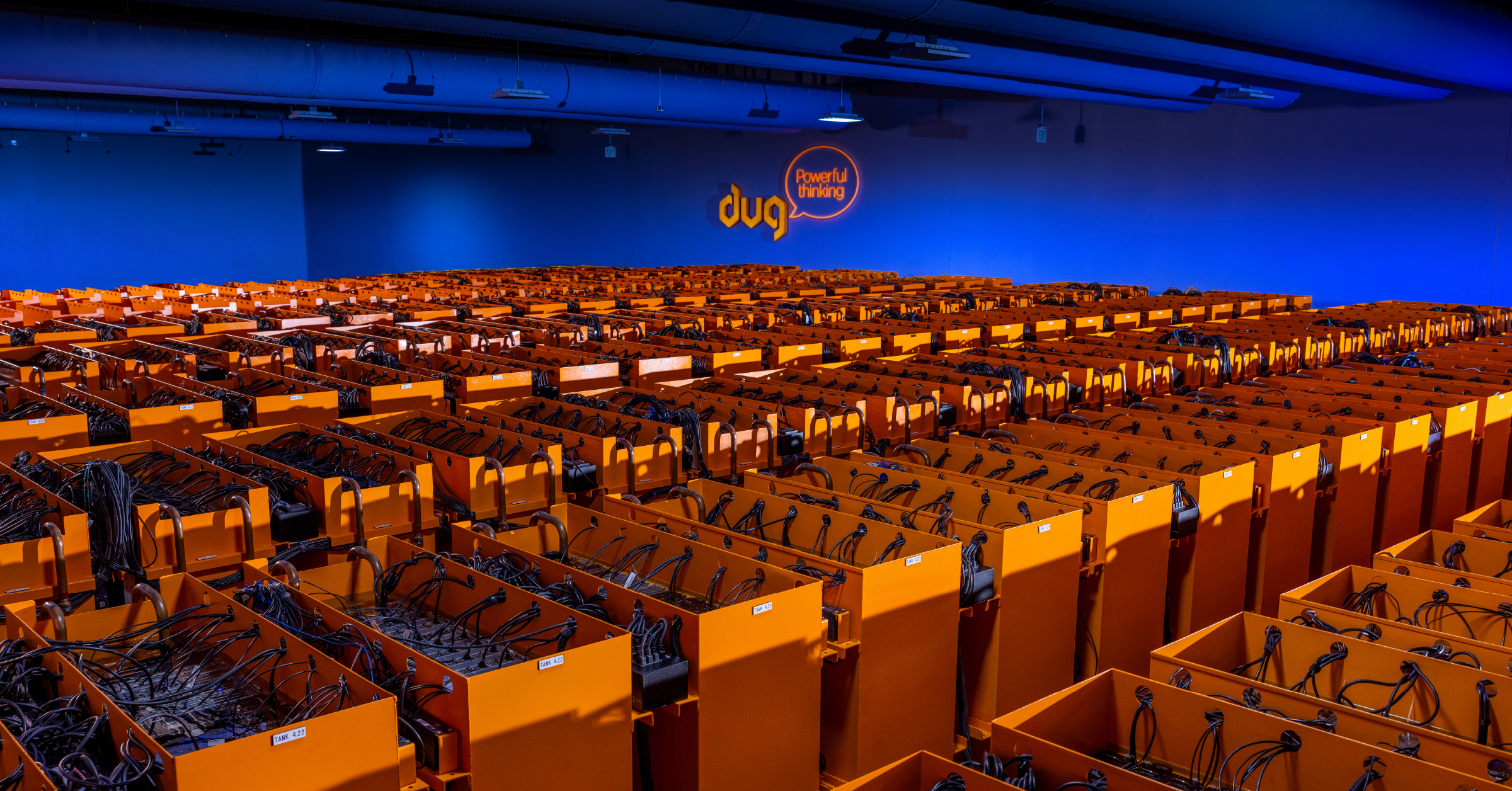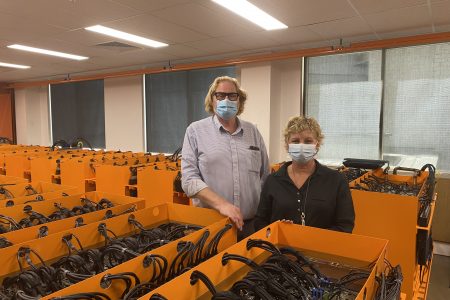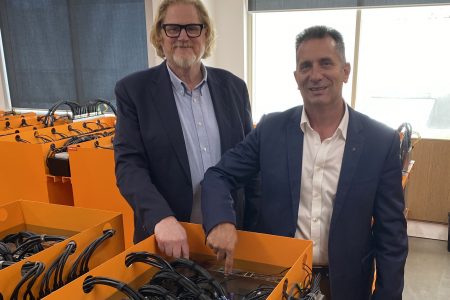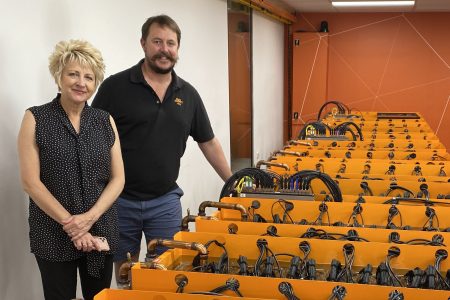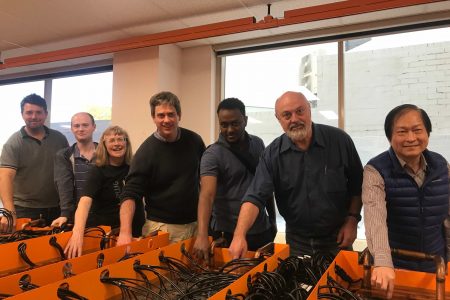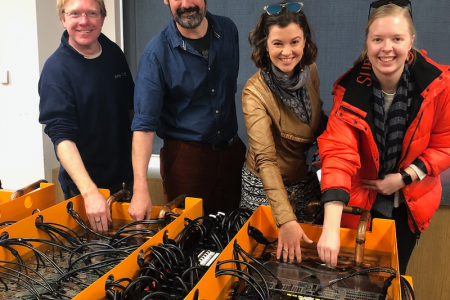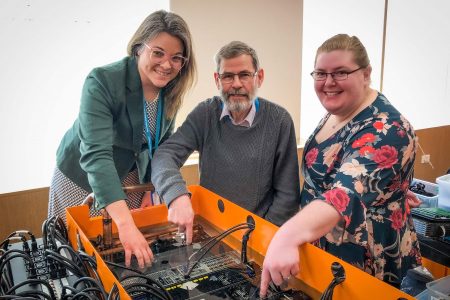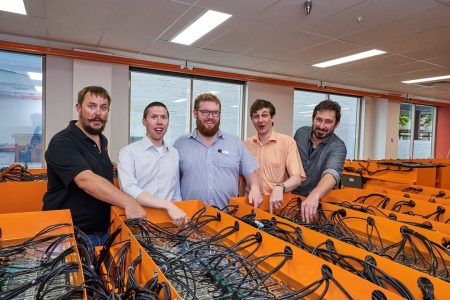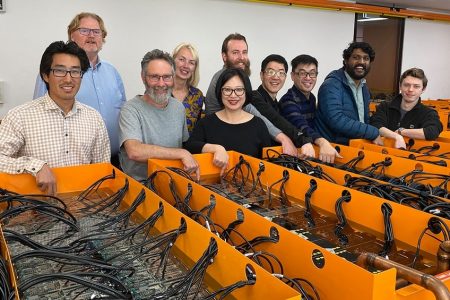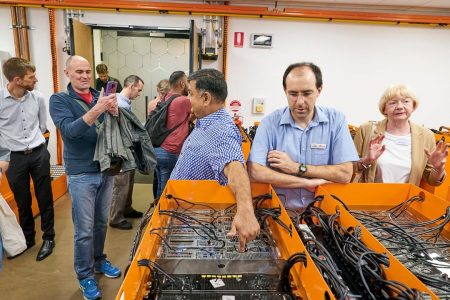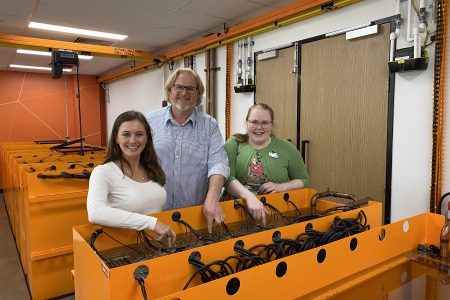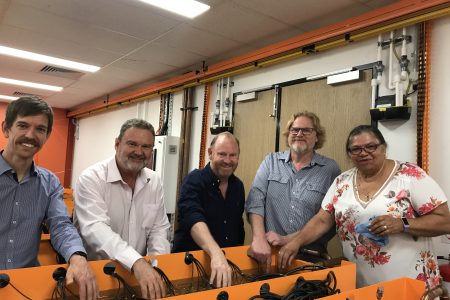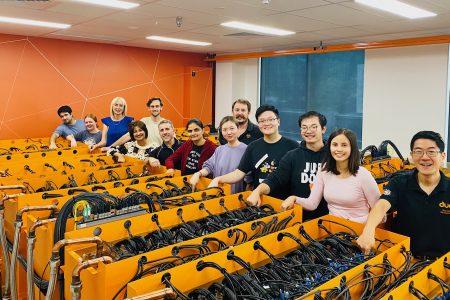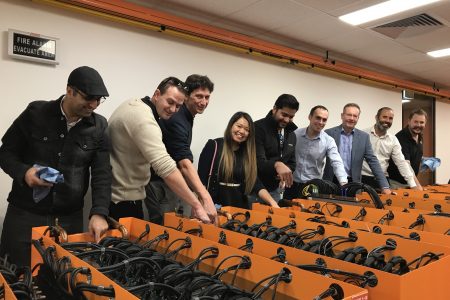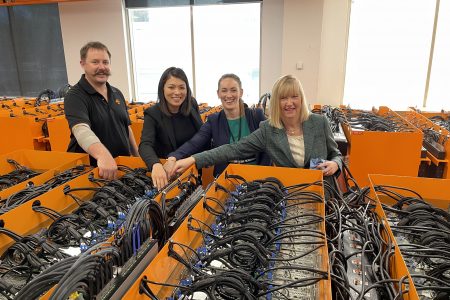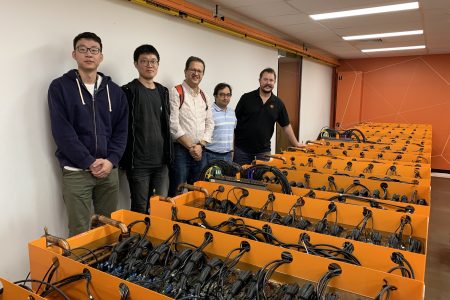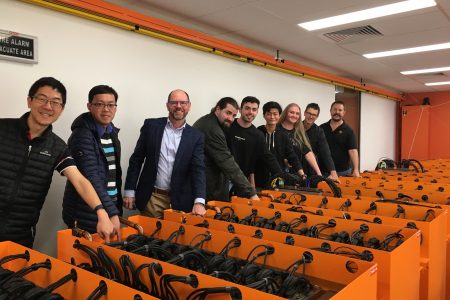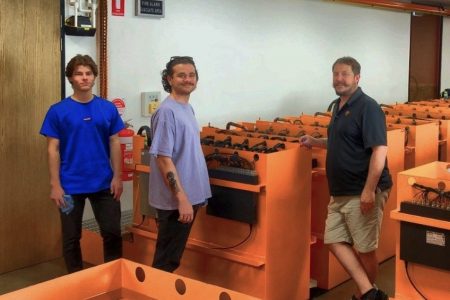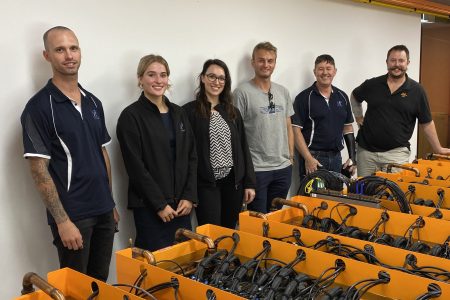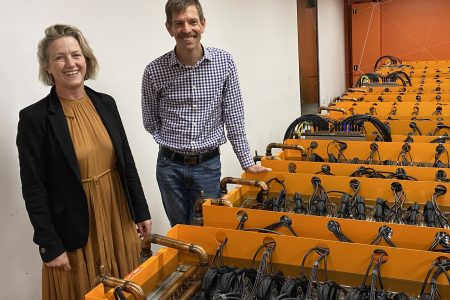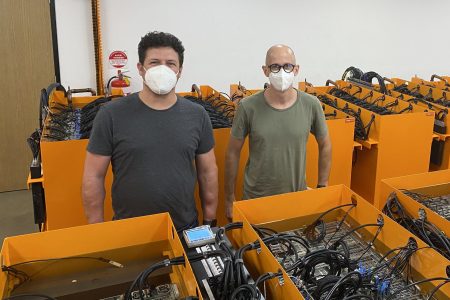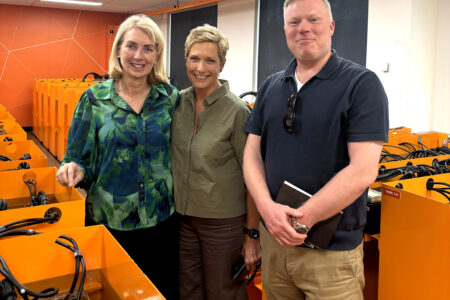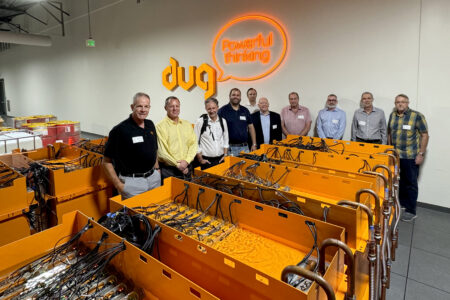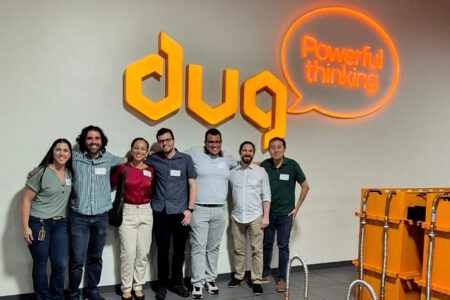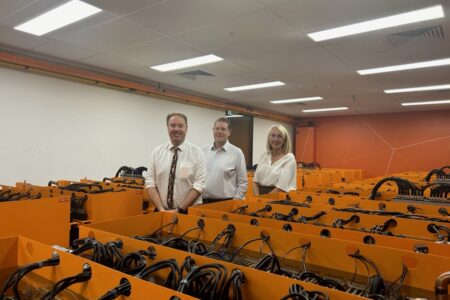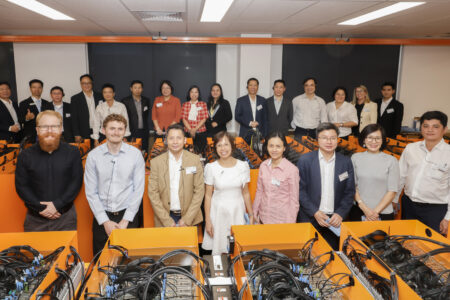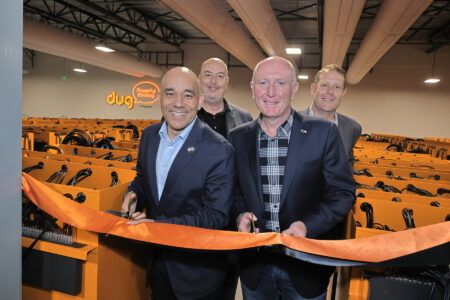Perth 11 September 2020: Patent-protected technology from high-performance computing experts DUG Technology is helping Australian astronomers cut their carbon footprint.
DUG Cool, an innovative system used across DUG’s global network of supercomputers, has been highlighted as a new paper reveals the work-based emissions of an average astronomer are 40 per cent higher than the average Australian, and five times the global average.
The paper, by the WA-based International Centre for Radio Astronomy Research and UWA, published today in Nature Astronomy, said the most significant contributor to ICRAR’s carbon footprint was its reliance on supercomputers to create cosmological simulations and process enormous volumes of data from telescopes.
The power-saving benefits of the DUG Cool system are included in ICRAR’s Sustainability Statement, released ahead of the publication of the paper.
Earlier this year, DUG processed 450 hours of data from the Murchison Widefield Array, a precursor to the Square Kilometre Array radio telescope, for ICRAR.
The DUG Cool system, in which standard high-performance computing servers are submerged in polyalphaolefin dielectric fluid, delivers total power savings of approximately 51 per cent over a traditional, air-cooled data centre.
DUG Cool data centres use 81 per cent less refrigerant and have a demonstrated an 81 per cent reduction in embodied carbon dioxide, which equates to 58,500 tonnes less carbon-dioxide emissions a year.
DUG Managing Director Matt Lamont applauded ICRAR’s efforts to reduce carbon emissions.
“We’re proud that our home-grown technology can make such a significant difference,” Dr Lamont said.
“Increasingly all our clients are aware of their environmental responsibilities. Using DUG and our DUG Cool system is a way for them to benefit from our unrivalled technical expertise while at the same time helping to reduce carbon emissions.
“ICRAR’s paper is right when it says, ‘to be aware of a problem but choose not to act is practically no different than to deny the problem’s existence’.
“DUG has acted and will continue to look for ways to reduce carbon emissions.”
Read the Nature Astonomy paper here.
Read the full ICRAR Sustainability Statement here.
Read more in The Conversation here.


